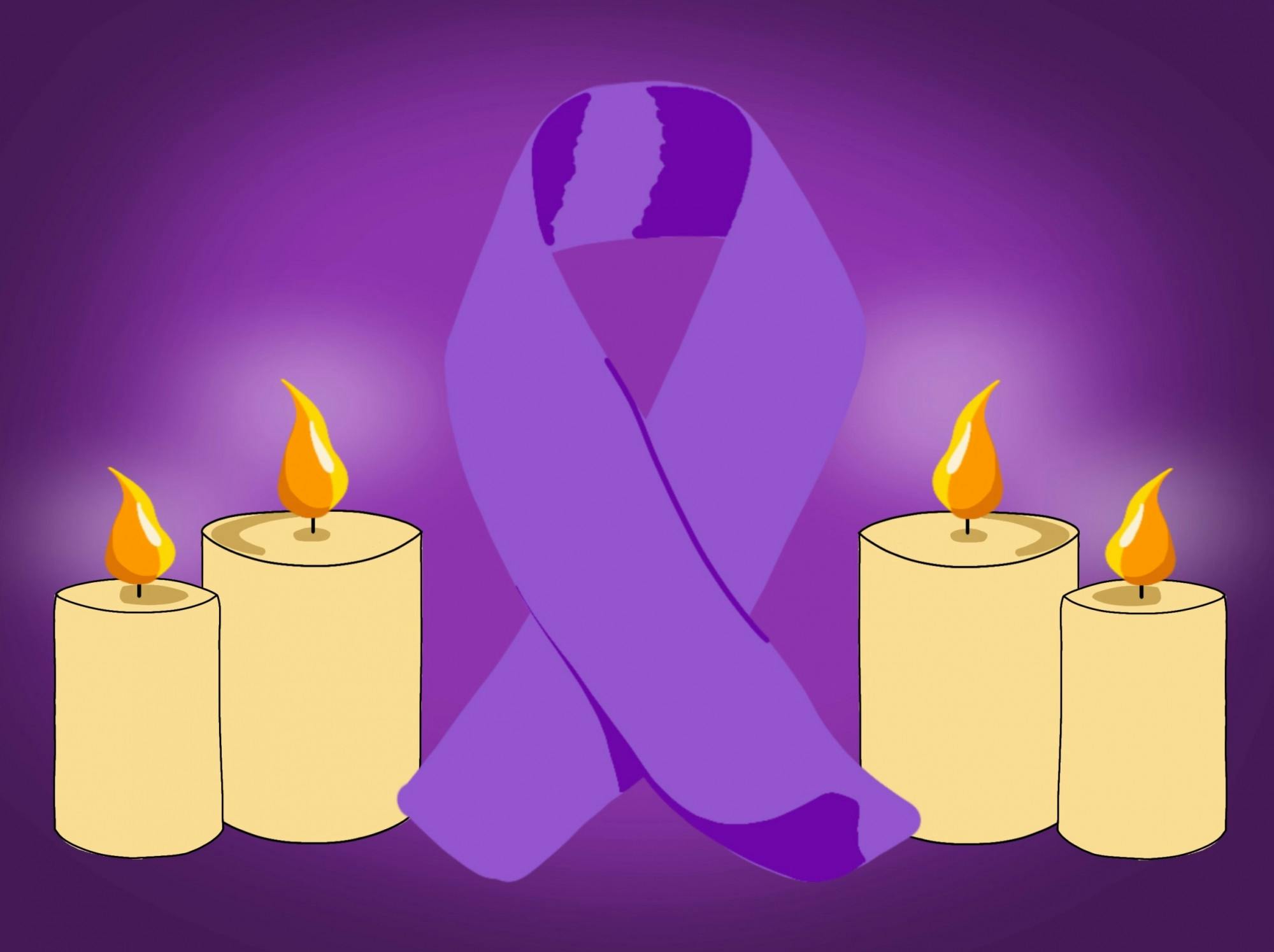Michigan State University’s Center for Survivors is partnering with MSU Safe Place to host a series of Domestic Violence Awareness Month workshops throughout October in support of National Domestic Violence Awareness month, spanning from lessons on how to support survivors to learning cyber safety and other preventative measures.
The first of these events took place on Oct. 3 and focused on supporting survivors of relationship violence. Details of the upcoming events, including times and location, can be found on its Instagram profile.
In a survey conducted across Michigan State University by the university's Office for Civil Rights in 2019, nearly two-thirds of undergraduate women at MSU experienced sexual harassment in the 2018-2019 academic school year.
“The most consistent finding was that students with a diagnosed or documented disability and students who were gay, lesbian, bisexual, asexual, or described themselves in some other way tended to have the highest likelihood of various forms of victimization,” the report said.
Participants of the survey were asked how to improve MSU’s training and prevention efforts against sexual misconduct; “many participants noted that a more interactive, in-person approach was needed,” the report reads, notably a suggestion for “ensuring that all faculty and staff receive the training” would improve awareness and prevention for sexual and domestic violence.
The Center for Survivors provides free counseling and support groups to survivors of sexual assault for students. The organization also offers protective measures for those needing safety, standing in solidarity with anyone who needs support in protecting themselves, reporting an abuser or getting academic accommodations.
The MSU Safe Place is an advocacy program that provides safety services, counseling and more to survivors of domestic violence and anyone else seeking related assistance.
Erica Schmittdiel is an Advocacy Coordinator at the Safe Place program. The full-time staff of six largely relies on volunteers and interns and Schmittdiel said it is happy to partner with the Center for Survivors this month to reach even more people.
“There’s always work to be done, there’s a lot of people to reach,” Schmittdiel said. “We have a million great ideas of things that we could be doing, but there’s only so many hours in a week.”
In addition to these programs, MSU has a dedicated team of experts, both internally and externally, to address the culture surrounding domestic violence on campus. New training standards are being developed in order to equip both leaders and students with resources to address a variety of conflicts on campus.
The Relationship Violence and Sexual Misconduct Strategic Plan was created by Michigan State University to outline seven initiatives to measure progress toward the goal of decreasing sexual misconduct and improving the culture surrounding domestic violence on campus.
The plan’s dashboard features descriptive plans on each initiative along with the status of each action, providing the community with insight into MSU's plan.
MSU’s Prevention, Outreach and Education Department website has a list of resources for survivors of relationship violence, stalking and more. The Crisis Hotline through the Center of Survivors is available 24/7 and provides confidential support for those seeking immediate access to resources and affirmation.
“Everybody needs help at some point in their lives,” Schmittdiel said. “If you’re struggling with even knowing if your relationship is abusive or not, we will absolutely have that conversation.”
Support student media!
Please consider donating to The State News and help fund the future of journalism.
Discussion
Share and discuss “Support systems available at MSU during Domestic Violence Awareness month” on social media.



